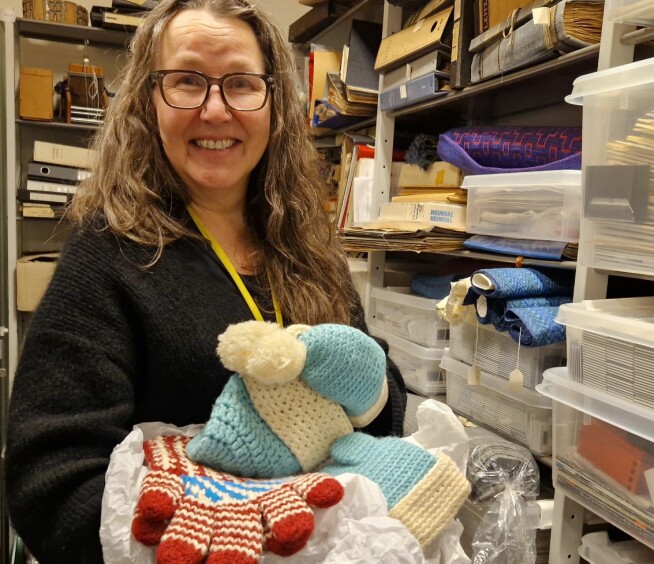
Lower drug doses for women
Men and women are often prescribed the same dosages of medicine, even though women can sometimes make do with much smaller dosages, a Danish study shows.
Imagine you're sleeping in your bed at night. Then suddenly you have to get up to the toilet for a wee. Over the course of the night it happens again. And again. And again.
This is a symptom of Nycturia, an ailment which manifests itself through excessive urination at night, and is especially common among older people.
Over the past ten years, Nycturia has been treated with a drug called desmopressin, which works by concentrating the urine. The drug has usually been prescribed in equal dosages for men and women.
But now a Danish study, published in the American Journal of Physiology, shows that women react differently to the drug and only require a dose that is 2-3 times smaller than the men's dose.
“This is a unique result, which may open the door to more individualised treatment in the future,” says Kristian Vinter Juul, the medical science director at Ferring Pharmaceuticals, where the study was conducted.
Study builds on other studies
Juul and his colleagues analysed three previously published desmopressin studies in which men and women had been subscribed equal doses of the drug.
The purpose of the analysis was to find out whether gender differences affected the results of the studies. And much to their surprise, the researchers found a huge difference.
“We still don't know why the difference is so great with desmopressin,” says Juul. “Maybe it's because women are more sensitive to the so-called 'anti-diuretic hormone' – the hormone that concentrates the urine. But that is still only an assumption.”
Great gender differences
Due to the difference in body weight and build, women can have a different reaction to drugs than men. But no-one has ever seen such a great difference as in this study, says Juul.
“Other studies have shown that with some drugs, women only need 30-40 percent of the men's dosage. But with desmopressin, the women achieved the same effect as the men with doses that were 2-3 times lower than the men's.”
In the future, the new findings could be important for women over the age of 65, who are not currently being offered treatment with desmopressin due to the increased risk of side effects.
Before then, however, the findings need to be confirmed in so-called phase 3 studies, and the new dosages have to be approved by the authorities before they can become publicly available.
Same effect, but fewer side effects
The new findings are a breakthrough in the area of individualised medicine dosing and could well be transferred to other drugs too, explains Juul.
Women generally experience fewer side effects from drugs than men. This could be because men and women are often prescribed the same dosages, even though women may not have a need for the same dosages as men.
“Our results indicate that perhaps treatments should become more individualised in the future because that could be a good way of avoiding side effects – for men, women and children alike.”
What's new and what isn't?
ScienceNordic asked Professor Ole J. Bjerrum, of the department of pharmacology and pharmacotherapy at the University of Copenhagen, for a second opinion on the new findings.
He was not familiar with Juul's study, but he concedes that it is very rare to see such great differences in how men and women react to a drug.
“But there's nothing new and surprising about saying there's a difference between how the two sexes react to medicine,” he says. “What is new is that now we can subdivide the population by studying people's genes and thus pave the way for increased individualisation in treatments. We'll be seeing a lot more of that in the future.”
Customised dosages would increase the effect
Bjerrum acknowledges the view that medicine is currently being developed based on the one-size-fits-all principle, and that ideally we should base treatment on the patient's genetic profile and their response to the drug.
“Today, doctors prescribe a standard dose. If we could customise the treatment a bit more, we'd get a lot more out of the drugs. But that would require a lot of patience and communication, and that isn't always so easy with today's busy lifestyles.”
'Personalised medicine' already exists
In some cases, doctors go to great lengths to individualise dosages, for example when prescribing painkillers with many side effects. In such cases, the doctor slowly increases the dose in order to find the right balance between effect and side effects.
“In a way you could say that 'personalised medicine', as it's also known, already exists. If a patient tells the doctor that a certain type of drug makes them feel bad, or that it just doesn't work, the doctor and the patient will work together to try and find another type of drug.”
Read the article in Danish at videnskab.dk
Translated by: Dann Vinther






